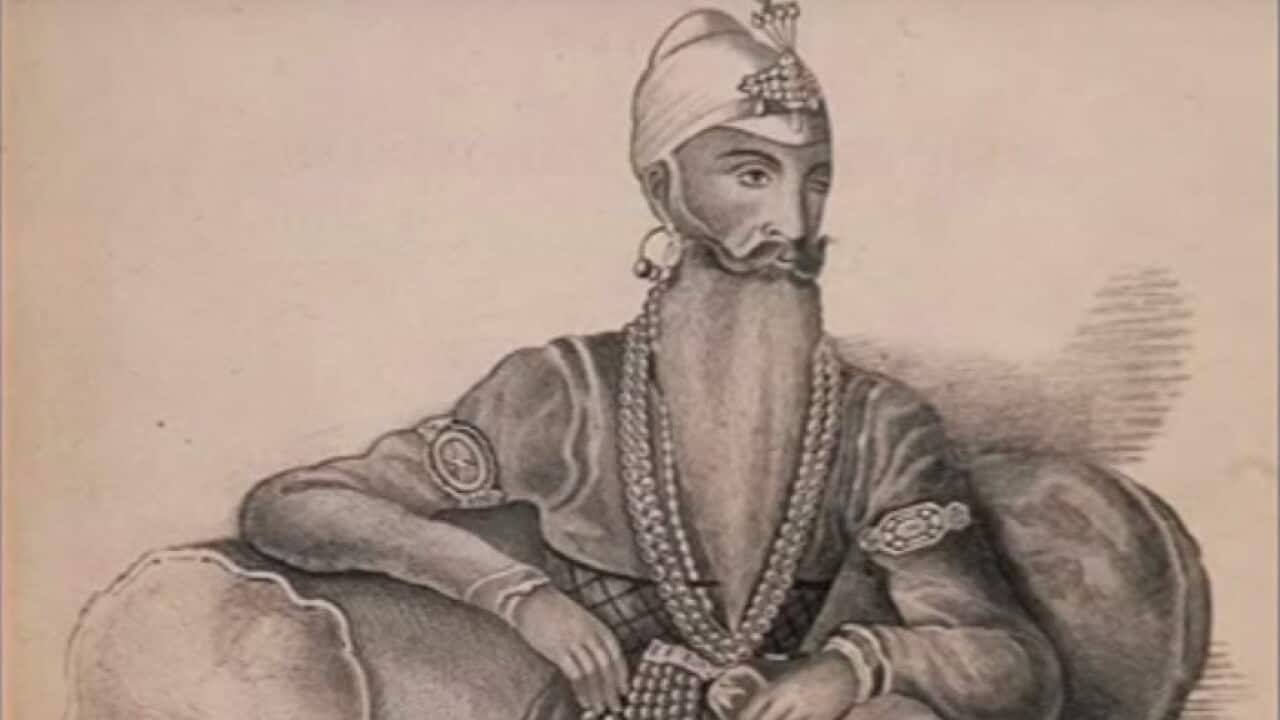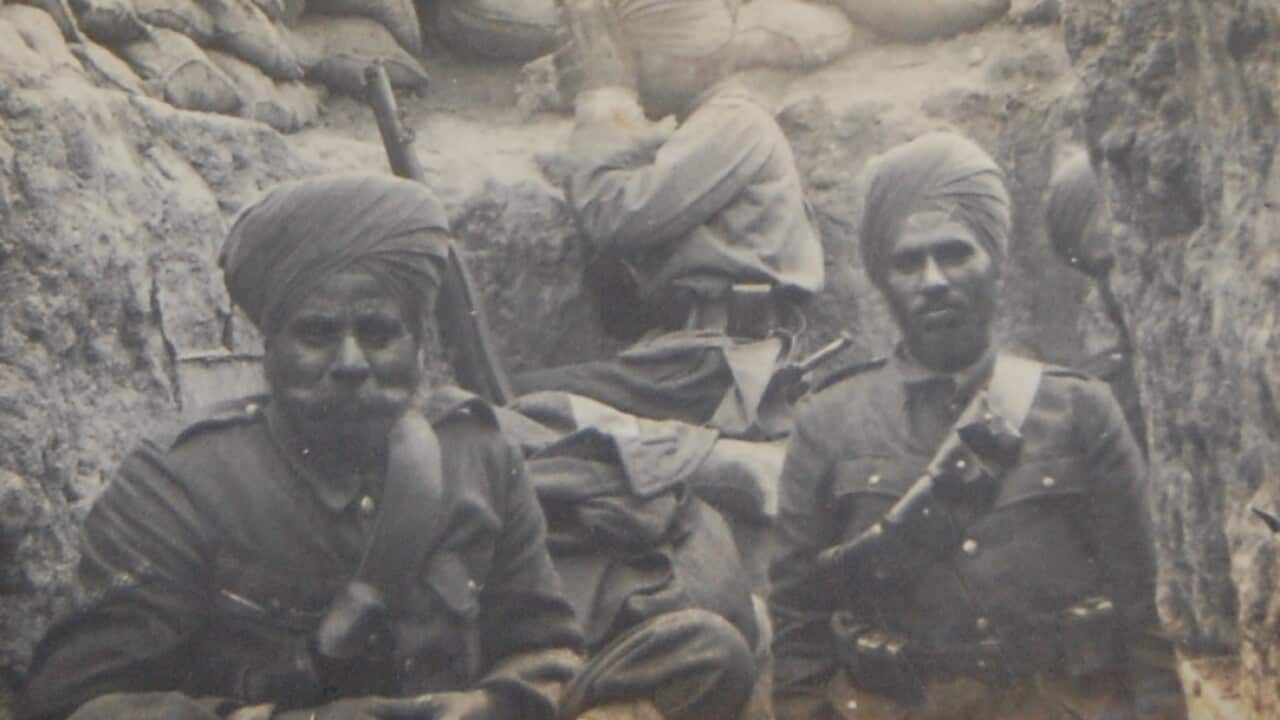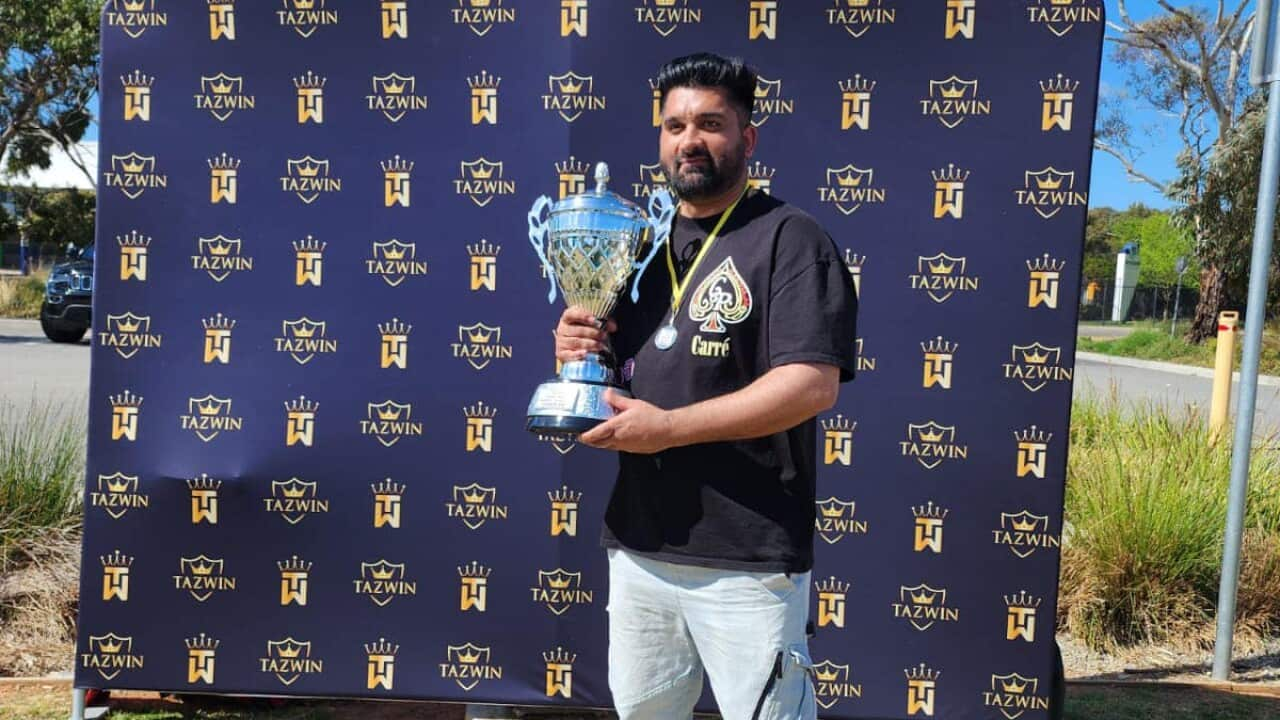Continuing our riveting conversation with Lahore based writer and historian, Fakir Aijazuddin, we hear about the exact role played by the three Fakir borthers in Sher e Punjab's court, in this part of his interview.
Fakir Azizuddin was a trusted aide of Maharaja Ranjit Singh, who sent out all of the official communication and wrote all the treaties entered into by the Maharaja's darbar. He was in fact, the Maharaja's Foreign Minister, who helped with foriegn policy, negotiation and communiction. "He had a way with words," says Fakir Aijazuddin, who has painstakingly gone through all the court records kept by Fakir Aijazuddin. "He was very wise and always provided the Maharaja with sound counsel. But perhaps more tellingly, he knew when to remain silent. He was fiercely loyal to Ranjit Singh and never revealed any of the secrets."
"He was very wise and always provided the Maharaja with sound counsel. But perhaps more tellingly, he knew when to remain silent. He was fiercely loyal to Ranjit Singh and never revealed any of the secrets."

A portrait of Fakir Azizuddin, the Foreign Minister of Maharaja Ranjit Singh's kingdom Source: Fakir Aijazuddin
In fact when a British officer tried to gather some intelligence from Fakir Azizuddin and started by asking which one of the Mahraja's eye was faulty, Azizuddin's response was, "the radiance of the Maharaja's face is such, that I've never looked at his face fully, and have never dared to look him in the eye."
The second brother, Fakir Imamuddin, was in fact the first of the Fakir brothers to meet the British in 1807 on the Maharaja's behalf. "He was asked to negotiate a treaty with the feringhis, and he took his older brother Fakir Azizuddin along as well. Soon thereafter, Azizuddin took on that role fully, and Imamuddin was made the caretaker of the Gobindgarh fort. "Gobindgarh fort is where military equipment for the Maharaja's army was manufactured, including guns and canons. It is also where the crown jewels and money were kept safely in the toshakhana. Imagine, the man who was in-charge of the treasury as well as the arsenal of the Sikh empire, was a Muslim," says Fakir Aijazuddin.
"Gobindgarh fort is where military equipment for the Maharaja's army was manufactured, including guns and canons. It is also where the crown jewels and money were kept safely in the toshakhana. Imagine, the man who was in-charge of the treasury as well as the arsenal of the Sikh empire, was a Muslim," says Fakir Aijazuddin.

Fakir Azizuddin and Imamuddin (bottom left) in the Mahraja's darbar, as depicted in a painting by Schoefft Source: Fakir Aijazuddin
The youngest of the Fakir brothers was Nooruddin. "He was in-charge of construction and logistics during Ranjit Singh's rule, but took on a very significant role after the downfall of the Sikh empire. He was a member of the Regency Council, that helped the child-ruler Dalip Singh govern what was left of the empire. Thereafter, Fakir Nooruddin accompanied Maharaja Dalip Singh during his exile, with his son also taking on the role of a tutor of the child-king". Please note: The audio published above is the second part of an extensive interview with Fakir Aijazuddin. The first and third parts of this interview can be heard by clicking on the links below
Please note: The audio published above is the second part of an extensive interview with Fakir Aijazuddin. The first and third parts of this interview can be heard by clicking on the links below

Fakir Nooruddin with Maharaja Dalip Singh in exile Source: Fakir Aijazuddin

Fakir Aijazuddin, who is a well known writer, commentator and historian based in Lahore, Pakistan Source: Supplied








